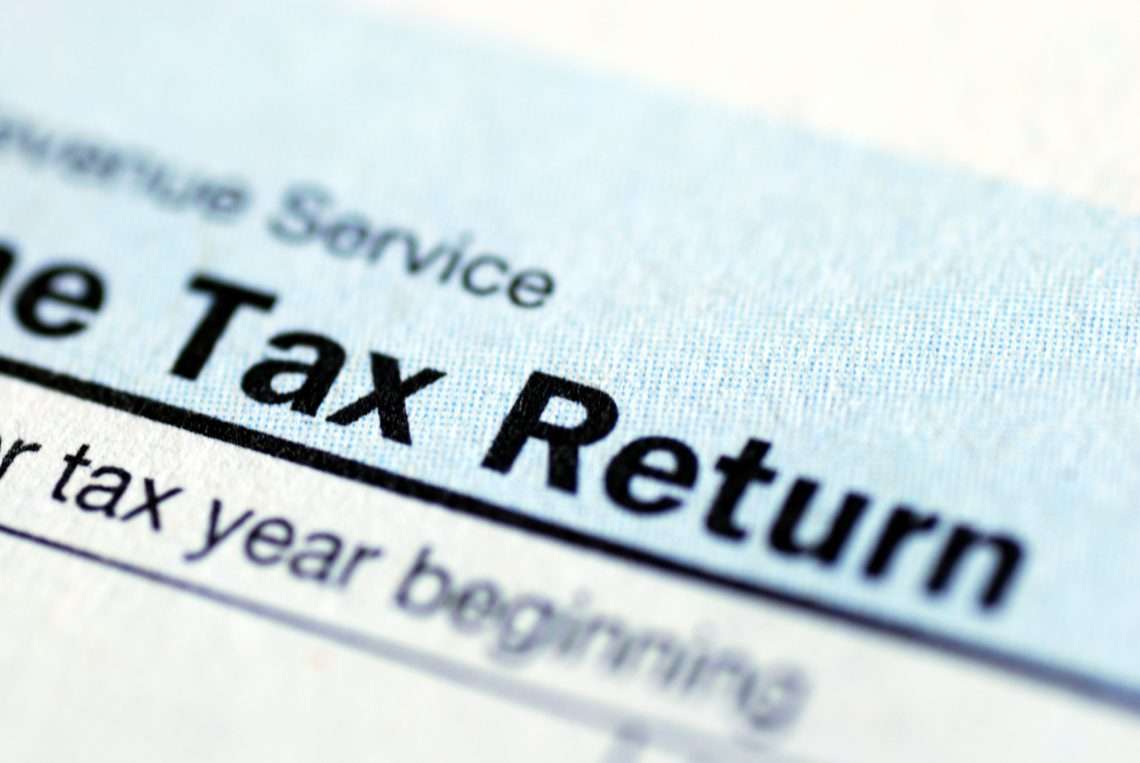Have you ever wondered how far back you can file your taxes? Have you missed filing taxes for one or more years and are worried about the consequences? In this article, we will explore various aspects of back taxes, including the time limit to file, penalties for late filing, and steps to take if you owe back taxes.


The Time Limit to File
While it’s best to file your tax return by April 15th each year, the IRS allows taxpayers up to three years from the original deadline to file a return and claim a refund. For example, if your tax return was due on April 15th of 2021, then you have until April 15th of 2024 (three years) to submit your return and receive any refund owed.
However, if you owe money on your tax returns but failed to file them within the designated time period (3 years), there is no statute of limitations on when they can be collected by the government.
Penalties for Late Filing
If you fail to meet tax-filing deadlines without a valid reason such as illness or natural disaster that prevents timely submission – penalties may apply based on percentage assessed on unpaid balance of taxes due.The longer it takes for an individual taxpayer or business entity’s overdue balances face additional interests that get compounded over time.
Here are some possible penalties:
- Failure-to-file penalty – assessed at five percent per month up towards a maximum of twenty-five percent. Consequently,it’s better off just estimating what would be payable.
- Interest rates – The IRS interest rate usually fluctuates every quarter with current changes noted in their official website in case an surcharge applies.
If either one of these go unaddressed over several months/years down-the-line ,this could cause significant financial harm that accrues additional interest fees—ones that could grow slowly but surely over time .
Steps to Take if You Owe Back Taxes
If you owe back taxes, the first step is to file your tax returns as soon as possible to minimize penalties and interest. Contact a qualified tax professional for help with filing. They can advise you on the best course of action based on your unique situation.
Next, consider setting up a payment plan or requesting an Offer in Compromise (OIC) from the IRS. A payment plan allows you to pay off your debt in installments while an OIC is an agreement between you and the IRS that settles your tax liability for less than what you owe.
Another option may be applying for relief under Currently Not Collectible status when deemed eligible by presenting financial hardship due circumstances beyond control such as loss of employment or medical conditions.
Conclusion
Filing taxes late can have serious consequences, including hefty fines and penalties, so it’s always crucial to comply within the applicable period.Through this article we’ve seen how far back one could go when dealing with taxes; common mistakes people make ,procedures involved & ways out of a bad situation. The information covered here serves not only those who might accidentally miss a deadline but also anyone looking into better managing their finances – it’s importance in everyone’s daily lives cannot be overlooked!
By following these tips and consulting with professionals where necessary, taxpayers can avoid legal complications down-the-line all while minimizing financial grief they could face otherwise.Asset management is key when consolidating important documents towards minimizing risks associated losing them-and finally making calculated decisions about personal finance needs careful evaluation various factors in order come up with effective strategy moving forward:cash flow management planning family budgets goal-setting among others.Again,this should remind us just how valuable 8Bore are discussed above-your bank account will thank us later ⚖
FAQs
Q: How many years can I file back taxes?
A: Typically, you can file back taxes for up to six years from the original due date of the tax return. However, this time period may vary depending on your individual circumstances and reasons for not filing in a timely manner.
Q: What happens if I haven’t filed my taxes in over six years?
A: If you have not filed your taxes in over 6 years, then it is important to take action as soon as possible. The IRS may initiate legal proceedings against you for failure to file or pay taxes. The penalties and interest fees incurred by failing to file can add up quickly.
Q: Can I still receive a refund if I file my tax return after the deadline has passed?
A: No, if you are filing your tax returns after the deadline has passed (including any extensions), then you will no longer be eligible for a refund on that particular year’s tax returns. However, any refunds earned from previous tax years that were unclaimed could still be recovered by filing those specific past-year returns before their respective deadlines have also expired.
FAQs
**H3: What is the time limit for filing back taxes in 2024?**
Answer: The IRS generally allows taxpayers to file back taxes for up to 3 years from the due date of the original return. However, there are exceptions for certain circumstances, such as where the IRS has initiated an audit or where the taxpayer is located outside the United States.
**H3: Why should I file back taxes even if I’m facing financial hardship?**
Answer: Filing back taxes is important even if you’re experiencing financial difficulties as failure to file can result in penalties, interest, and even legal action. Plus, you may miss out on potential tax refunds. The IRS offers payment plans and other resources to help taxpayers manage their tax debt.
**H3: Can I file my back taxes electronically?**
Answer: Yes, you can file your back taxes electronically using the IRS’s Electronic Filing (e-file) system or through a tax professional. Filing electronically provides quicker processing times and reduces the risk of errors compared to paper filing. However, there may be additional fees associated with electronic filing
